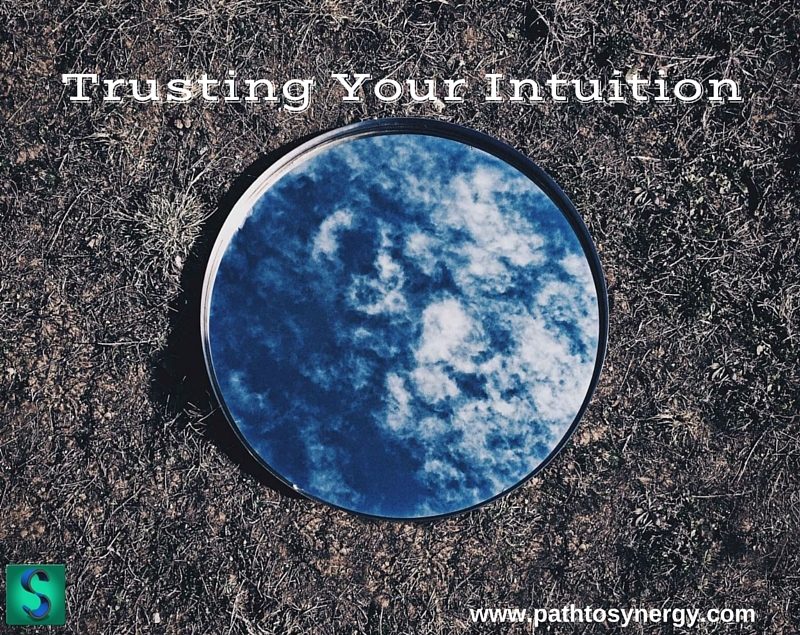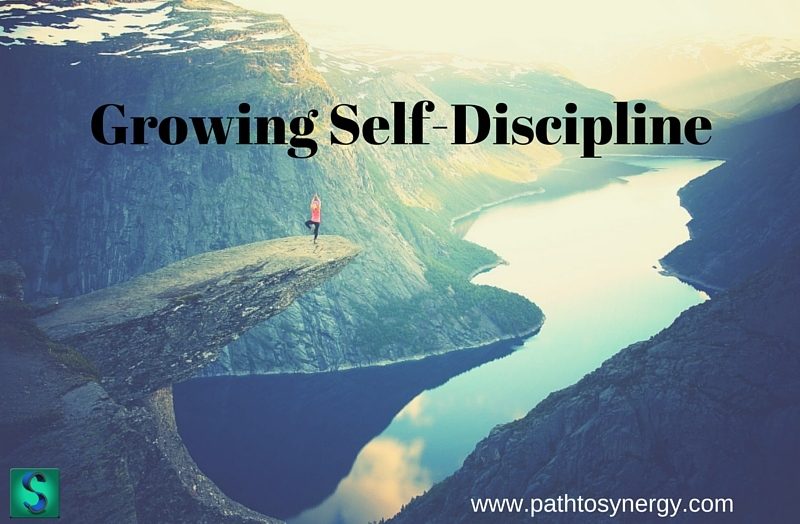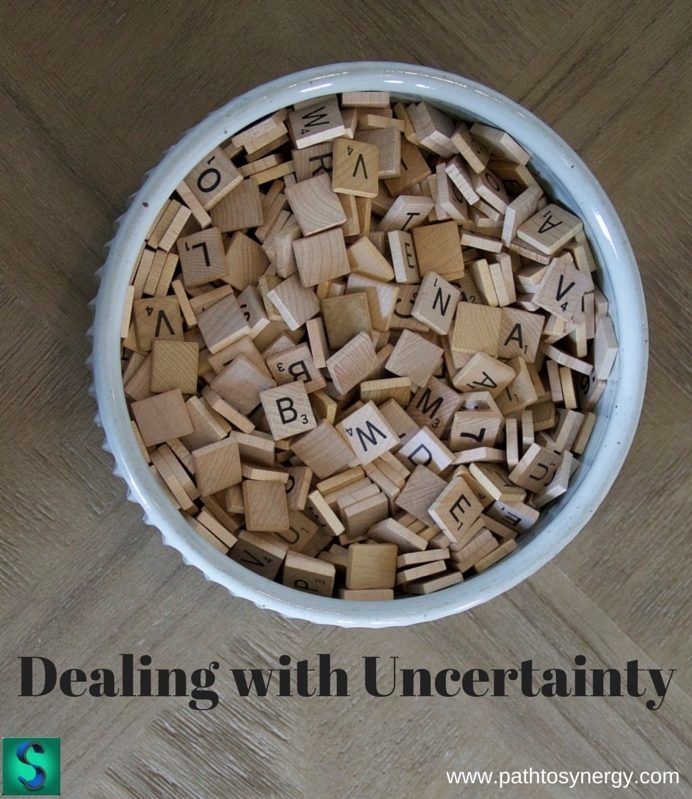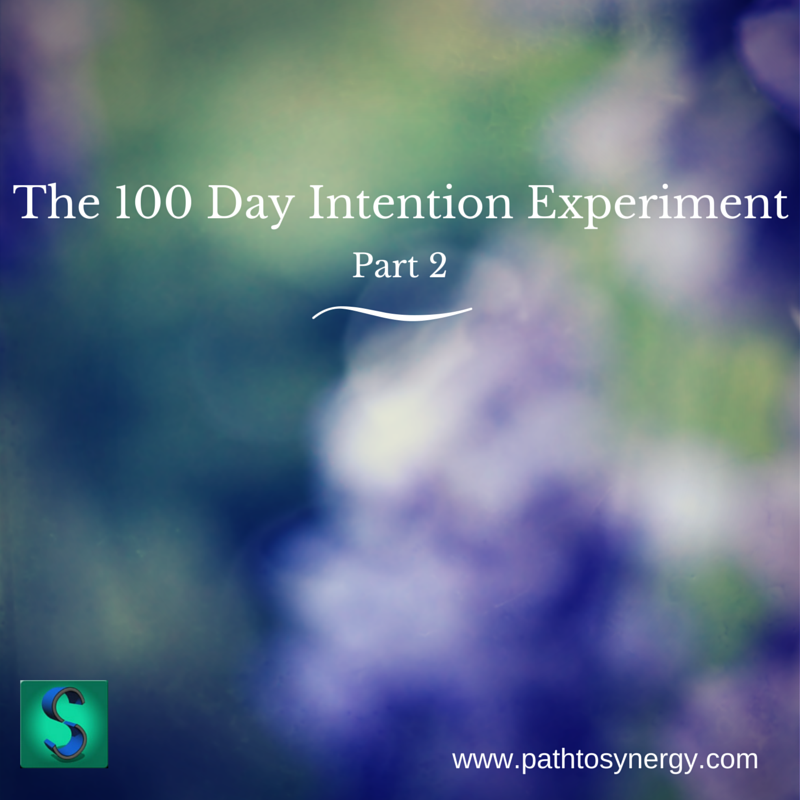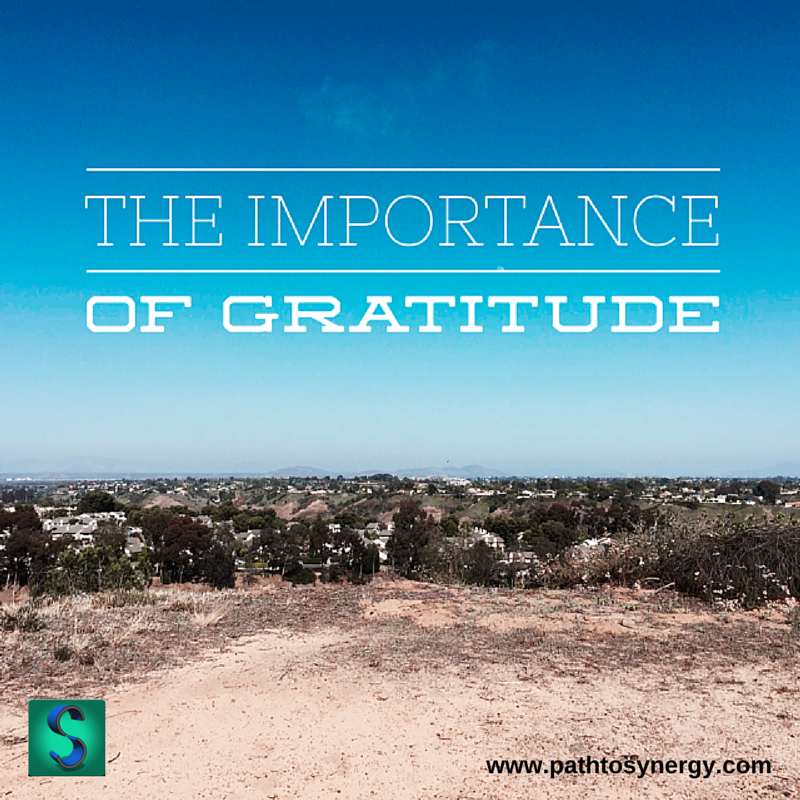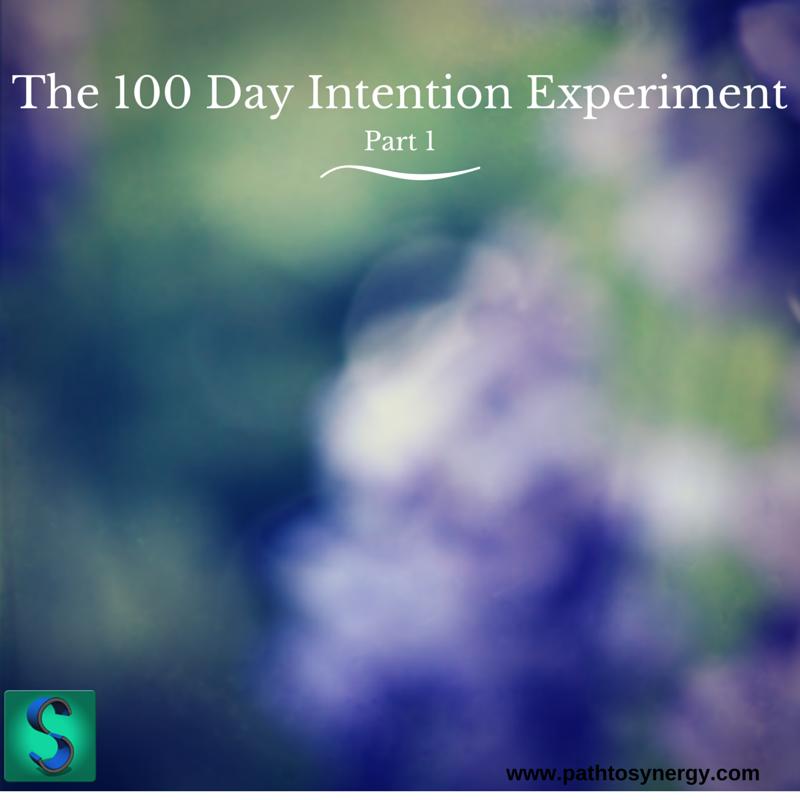Career for Recent Graduates
I was recently reminded of the stress, curiosity and overwhelm involved in finding a job after graduation. Determining how to navigate a career for recent graduates can be a daunting task with many questions, it certainly has been for me. There seems to be a definite commonality among this experience, whether its high school, college or graduate school, there is the all too common question of “what’s next?”
What I’ve learned along the way is that taking stock of my values, strengths, and longer term goals has always eased the process. I wondered what may have been helpful for me to hear in the earlier parts of my career. I came up with a few suggestions and some interesting data that I think may have been valuable for me to hear and hopefully is valuable to others in the midst of transition to or through the work world.
Don’t be afraid to take action
I recently read in the Wall Street Journal that according the Bureau of Labor and Statistics – 50 percent of people between 20 and 24, have been with their current employers for under a year. The message here is that the job you are starting out with, may not be the job you stick with forever. Taking the first step towards developing your career can help to build your own understanding of strengths, weaknesses and areas you are truly passionate about.
This same rationale may apply to graduation from graduate school or any serious educational commitment that results in embarking in a new kind of career. Taking action towards this new career is the first step. The real learning occurs after we take this step.
The goodness of fit of the opportunity
Considering basic information (location, hours, salary etc.) when looking at the possibility of a new job is a start. To truly understand if it is a good fit though, you must first ask yourself what is your longer term objective with this job. The nature of jobs change over time. Understanding your own goals, both inside and outside of your career, will help in determining if a job opportunity truly fits with who you are.
Decide the “deal breakers”
Deciding what your “deal breakers” are could be done by asking how the job will get you closer to your longer term career and personal goals. In addition, exploring what kinds of sacrifices you are willing to make to meet your goals may be an exercise to review. Another way to explore this may be to look at what challenges you are willing to accept, in addition to or instead of, framing the experience as what you are willing to sacrifice. Having a clear vision of what you want, is of course the first step. Once you understand your vision for what you would like out of your career and personal life, determining deal breakers will be easier.
Stay the course
We often get distracted by all the bright and shiny objects in our world. Stay the course of what your longer term goals are and this will help you to ignore the irrelevant input. Be careful of FOMO (fear of missing out). FOMO can come in many shapes and sizes and may be related to work, friends, socializing, internet crazes or many other distractions. Having a process for working and ways to avoid distraction may be helpful in holding momentum towards your goals.
Thanks!
Michael
P.S. If you are curious to learn more about personal development, workplace challenges, interpersonal dynamics, goal achievement and a wide variety of other topics, sign up today! www.www.arcintegrated.com/newsletter. It’s totally free.
You’ll also receive a FREE tip sheet with Five Strategies to Build Motivation!



